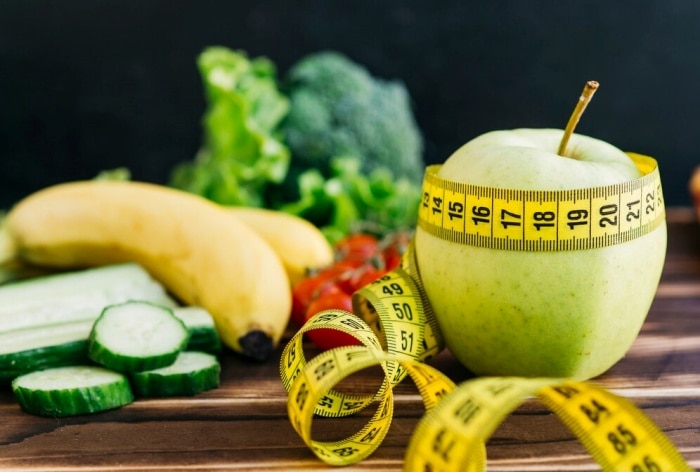Weight loss requires lots of dedication and consistency and that may also lead t tiredness eventually. Here is how to stay active and lose weight in the right manner.
Weight Loss Tips: Weight loss is all about being consistent and dedicated. Whole lot of exercise, healthy diet and a healthier routine for all things. The beginnings can be energetic, but eventually one may feel tired and fatigue. Therefore, few dietary practises can help maintain the energy levels and continue to lose weight. When aiming to lose weight while maintaining energy levels, it’s important to adopt a balanced and sustainable approach.
WEIGHT LOSS TIPS: 5 DIET RULES TO NOT FEEL TIRED AND LOSE BELLY FAT
- Calorie Control: To lose weight, you need to create a calorie deficit by consuming fewer calories than you burn. However, it’s crucial to avoid drastic calorie restriction as it can lead to fatigue. Gradually reduce your calorie intake by focusing on nutrient-dense foods while ensuring you’re still meeting your body’s energy needs.
- Balanced Macronutrients: Include a balance of macronutrients – carbohydrates, proteins, and fats – in your meals. Carbohydrates provide energy, proteins support muscle growth and repair, and fats aid in hormone production and nutrient absorption. Opt for complex carbohydrates, lean proteins, and healthy fats from sources like whole grains, lean meats, fish, legumes, nuts, seeds, and plant-based oils.
- Adequate Protein Intake: Protein is essential for weight loss as it helps with satiety, preserves muscle mass, and supports metabolism. Include protein-rich foods like lean meats, poultry, fish, eggs, dairy products, legumes, and plant-based protein sources such as tofu and tempeh in your meals. Aim for a moderate protein intake that suits your individual needs.
- Nutrient-Rich Foods: Focus on nutrient-dense foods that provide essential vitamins, minerals, and antioxidants to support overall health and energy levels. Include plenty of fruits, vegetables, whole grains, and sources of healthy fats in your diet. These foods provide sustained energy, promote satiety, and help prevent micronutrient deficiencies that can contribute to fatigue.
- Golden Rule of Hydration: Staying hydrated is crucial for both weight loss and maintaining energy levels. Dehydration can lead to fatigue and decreased cognitive function. Drink an adequate amount of water throughout the day and include hydrating foods like fruits and vegetables in your meals. Limit sugary beverages and excessive caffeine, as they can cause energy crashes and disrupt sleep patterns.
Remember, it’s important to listen to your body and make adjustments based on your individual needs and preferences. Consulting a registered dietitian can provide personalized guidance and ensure you’re meeting your nutritional requirements while achieving your weight loss goals without feeling excessively tired. Additionally, incorporating regular physical activity and prioritizing quality sleep can further support weight loss and overall energy levels.

